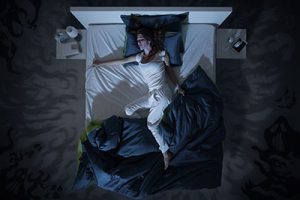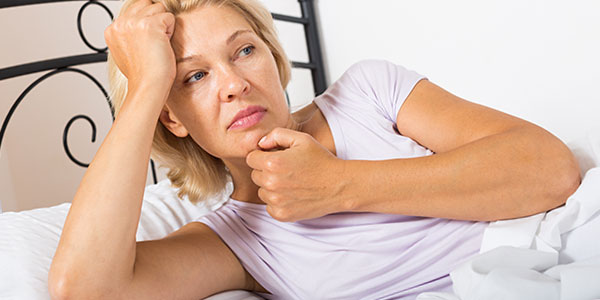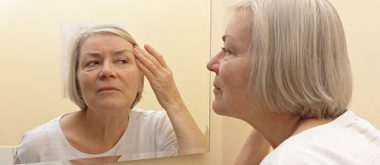Studies have found that night sweats precipitated by hormonal maladies such as menopause might be alleviated through the use of natural treatments.
Menopause and Andropause
Eventually, all women will experience menopause. This condition, which typically occurs in the late forties or early fifties, results when the ovaries cease to produce vital reproductive and sexual hormones like estrogen. Furthermore, as this malady progresses, a woman will no longer be able to bear children.
Although many men experience a natural decline in their bodily production of important sexual and reproductive hormones such as testosterone, not all males are stricken with andropause. Andropause results in a rapid decrease in hormonal levels and can greatly impact a man’s fertility capabilities, as well as his libido. Though andropause might occur for unknown reasons, the ailment can not only be due to aging but can also be the result of some underlying medical problem.
Why Do These Conditions Precipitate Night Sweats?

A rapid decrease in testosterone and the production of other androgen-based hormones might lead to night sweats in men. The condition may be more pronounced in males stricken with andropause because this condition could affect the area of the brain responsible for regulating body temperature.
What Natural Remedies Might Offer Relief?
The alleviation or possible elimination of night sweats might be contingent upon several lifestyle factors. Some health experts suggest avoiding natural triggers that could precipitate the onset of the condition or potentially worsen the problem. Such actions to avoid include wearing excess clothing to bed, consuming alcoholic or highly caffeinated beverages during the evening hours, sleeping in an overly heated space and eating very spicy foods.
Should lifestyle changes not produce the intended results, those stricken with night sweats might opt to consider employing the use of natural ingredients believed to either cool and soothe the body or help regulate hormonal imbalances. Such products include essential oils like sage and lavender, naturally-occurring spices and herbs such as ginseng, ginger and flax seed, in addition to fruits including pomegranate.
For others, vitamins may provide a certain level of relief. Several individual vitamins, such as vitamin B complex substances, as well as vitamin E, and more complex chronobiology-based supplements, have proven effective for some people in reducing both the severity and frequency of their night sweats.
Individuals with severe occurrences of hot flashes or whom also experience other bothersome menopausal or andropausal symptoms might find relief in the form of hormone replacement therapy. Many health professionals recommend that this form of treatment be sought only when all other options have been exhausted due to the potential associated health risks.





